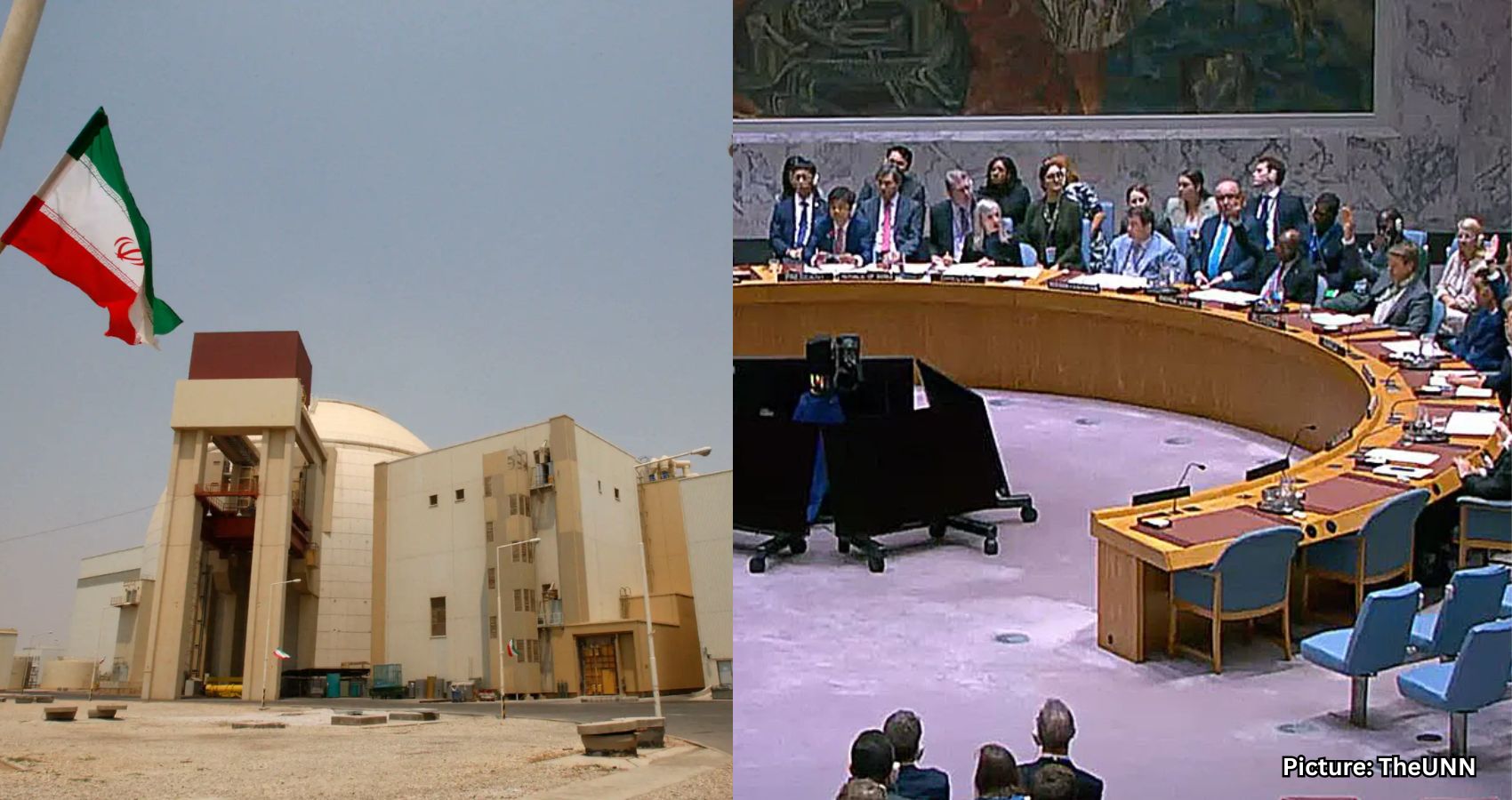The United Nations Security Council rejected a resolution from China and Russia to extend sanctions relief for Iran, with a vote of 4-9, amid rising tensions over the nuclear deal.
The United Nations Security Council on Friday voted against a resolution proposed by China and Russia that aimed to extend sanctions relief for Iran under the nuclear deal for an additional six months. The final vote was 4 in favor and 9 against, with Algeria, China, Pakistan, and Russia supporting the resolution, while Denmark, France, Greece, Panama, Sierra Leone, Slovenia, Somalia, the United Kingdom, and the United States opposed it. Guyana and South Korea chose to abstain from the vote.
This decision comes in the wake of Britain, France, and Germany activating the “snapback” mechanism of the nuclear deal, which reinstates sanctions on Iran following stalled negotiations regarding its nuclear program. The reinstated sanctions are set to take effect unless a last-minute agreement is reached. These sanctions will include the freezing of Iranian assets abroad, a halt to arms deals with Tehran, and penalties against any development of Iran’s ballistic missile program.
Dmitry Polyanskiy, the deputy Russian ambassador to the U.N., expressed disappointment during the meeting, stating, “We had hoped that European colleagues and the U.S. would think twice, and they would opt for the path of diplomacy and dialogue instead of their clumsy blackmail, which merely results in escalation of the situation in the region.”
In the lead-up to the U.N. vote, Iran’s Foreign Minister Abbas Araghchi engaged in discussions with his counterparts from France, Germany, and the United Kingdom. However, a European diplomat later informed The Associated Press that these talks “did not produce any new developments, any new results.”
Adding to the tensions, Ayatollah Ali Khamenei, Iran’s supreme leader, stated earlier this week that Iran would not “surrender to pressure” and characterized negotiations with the U.S. as a “dead end.”
In an interview following the vote, Iranian President Masoud Pezeshkian condemned the decision as “unfair, unjust and illegal.” The rejection of the resolution underscores the ongoing complexities and challenges surrounding the Iran nuclear deal and the broader geopolitical landscape.
As the situation continues to evolve, the implications of the reinstated sanctions and the responses from Iran and the international community remain to be seen.
Source: Original article

